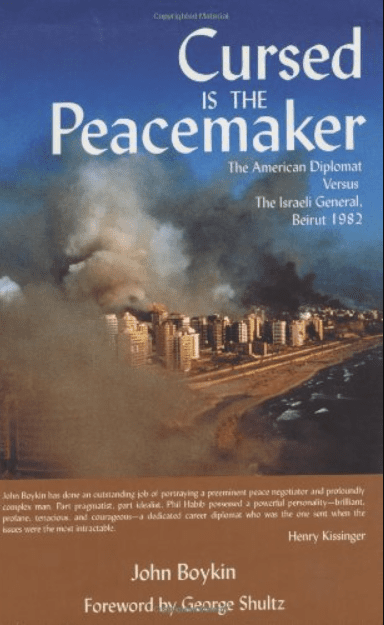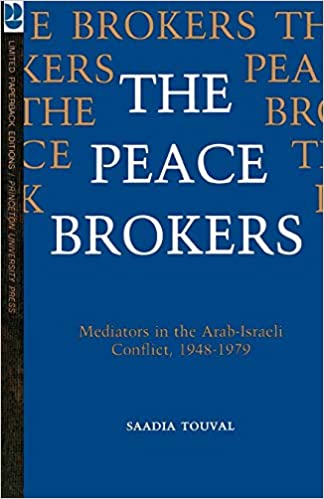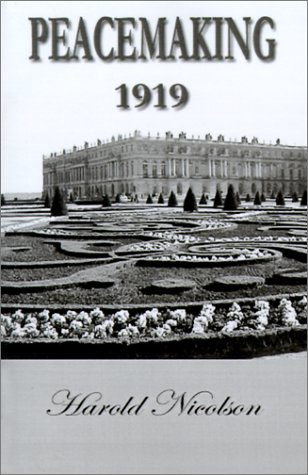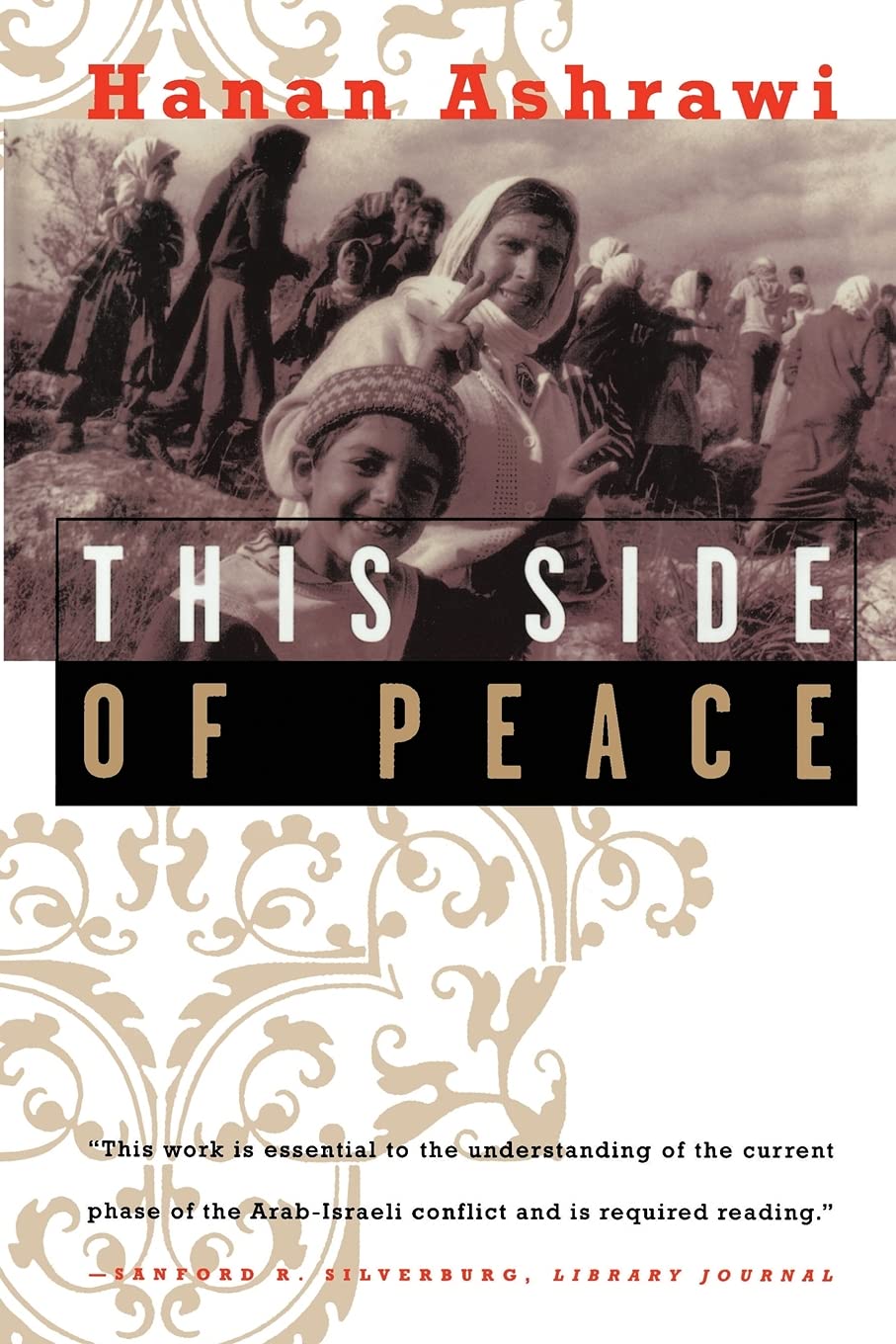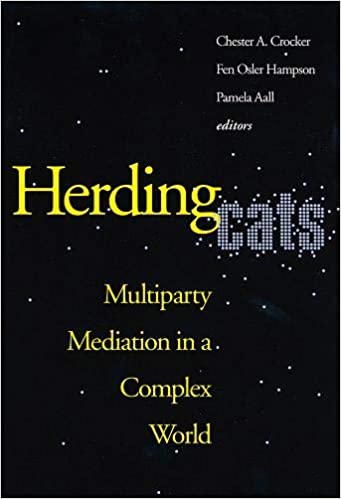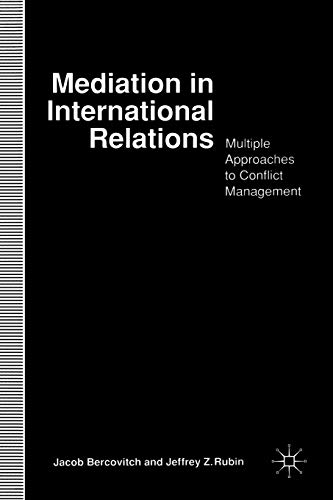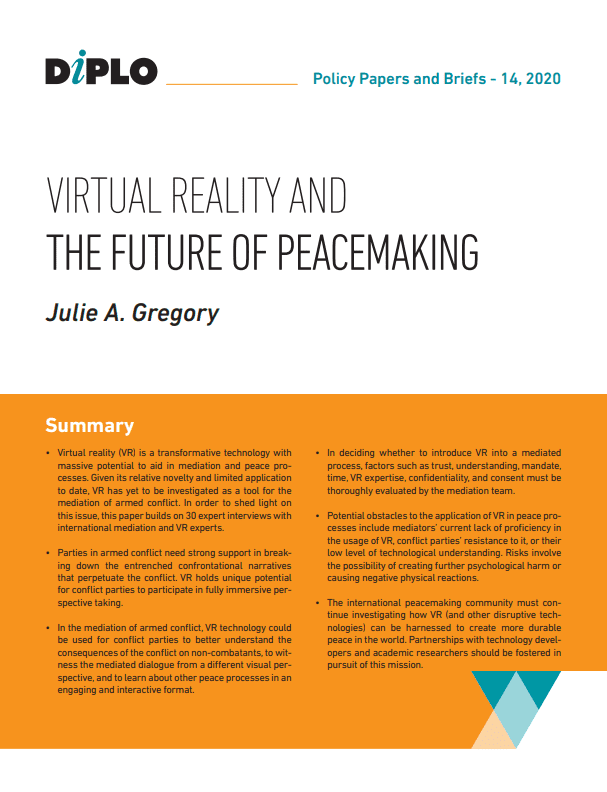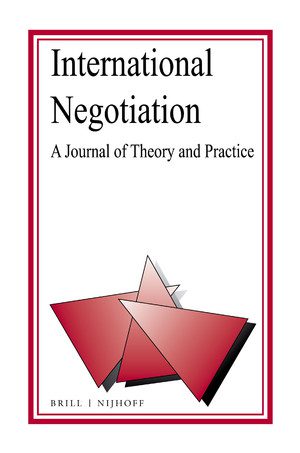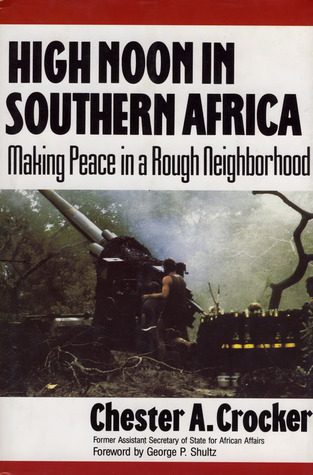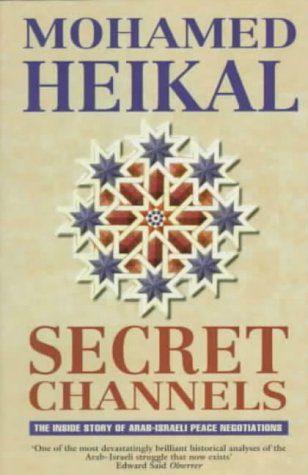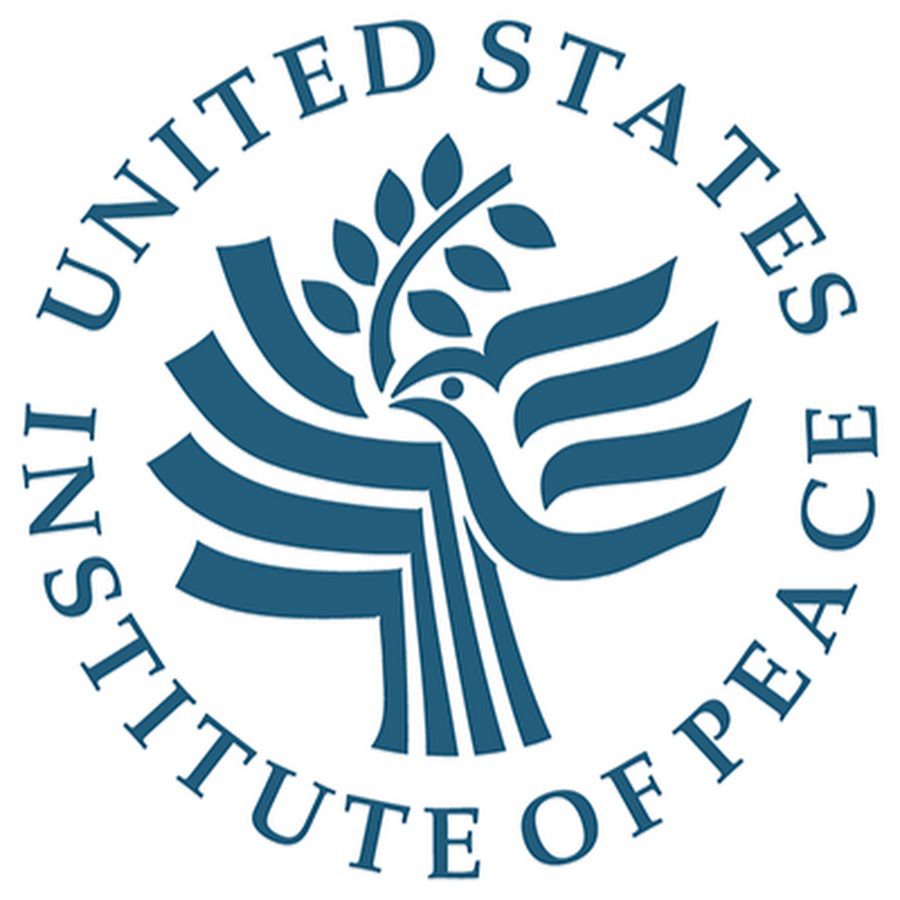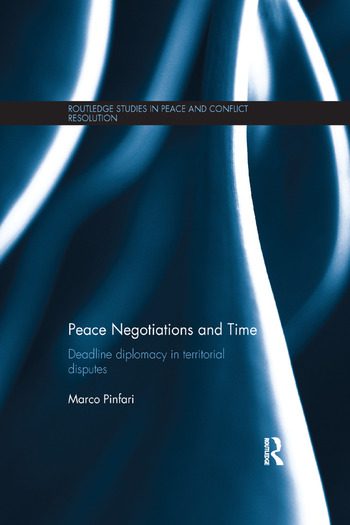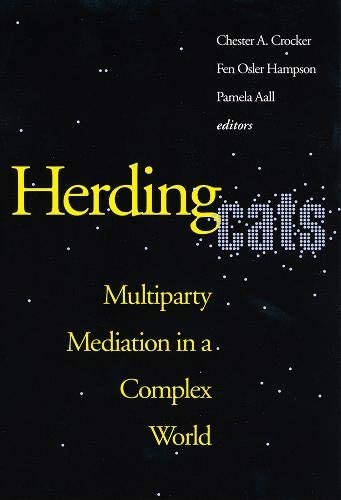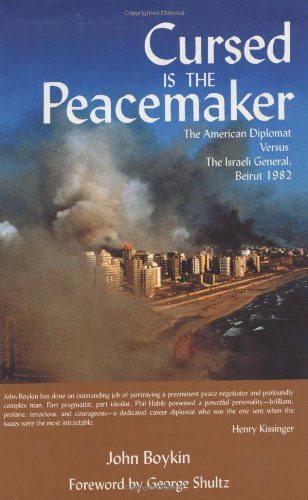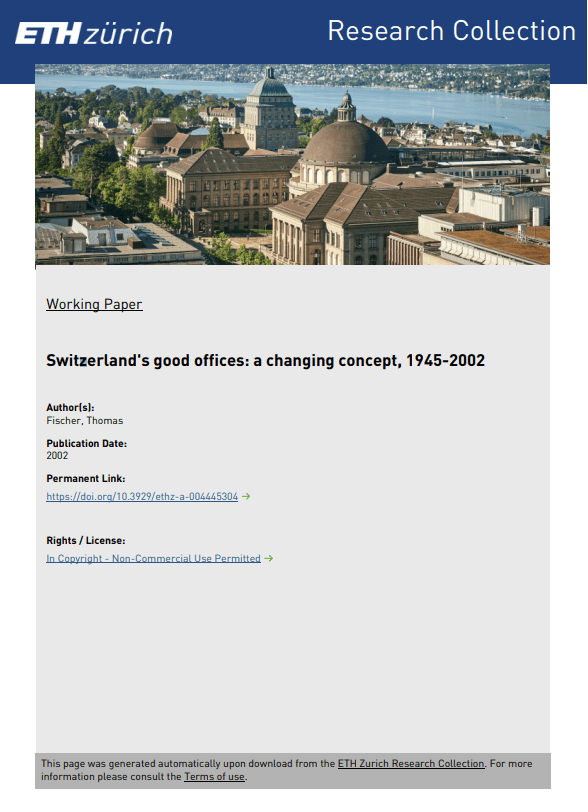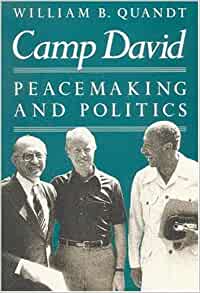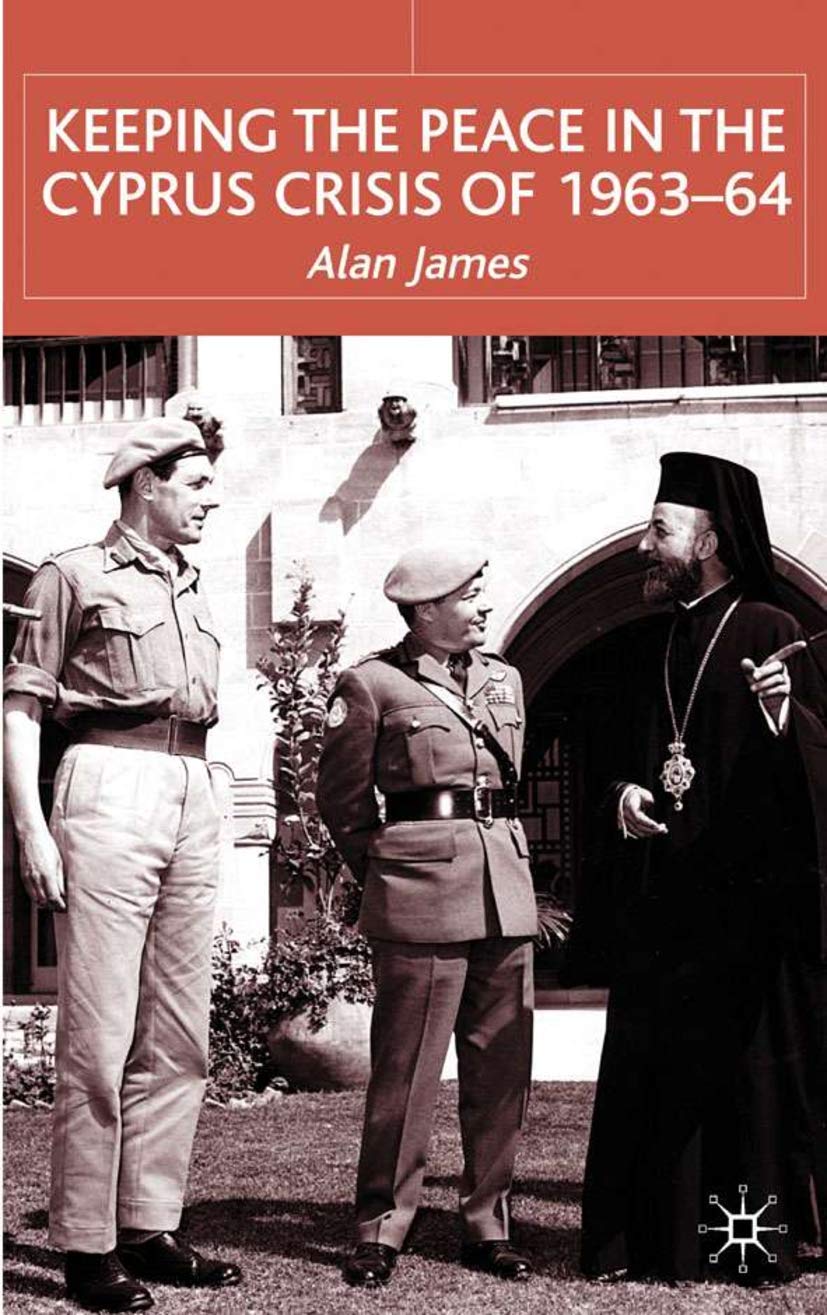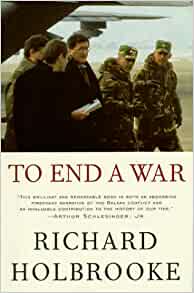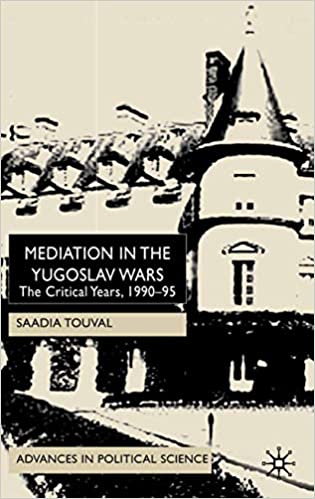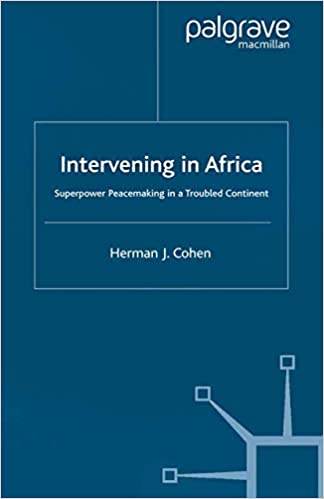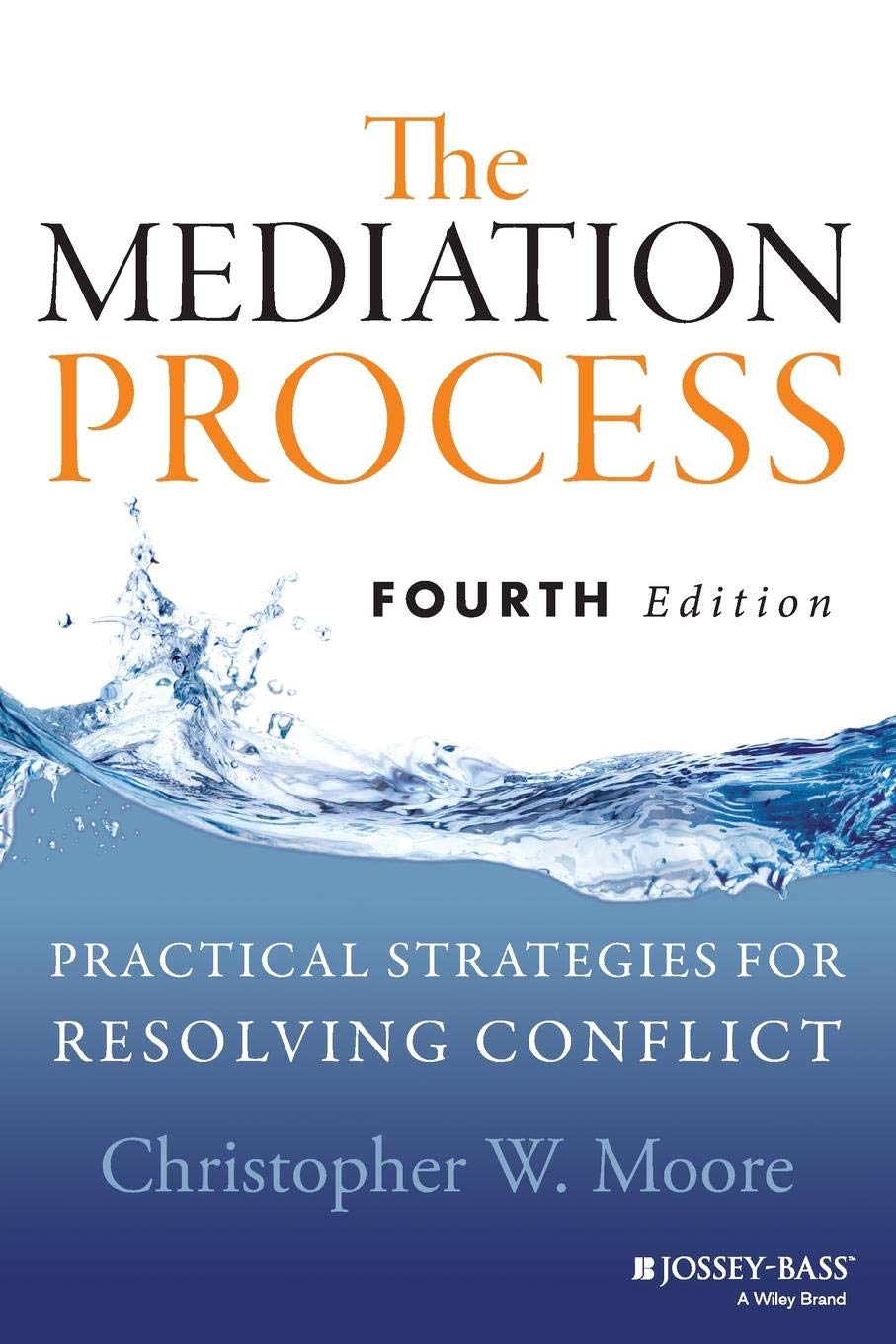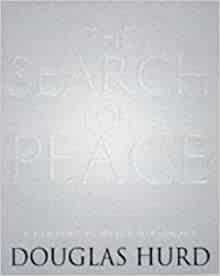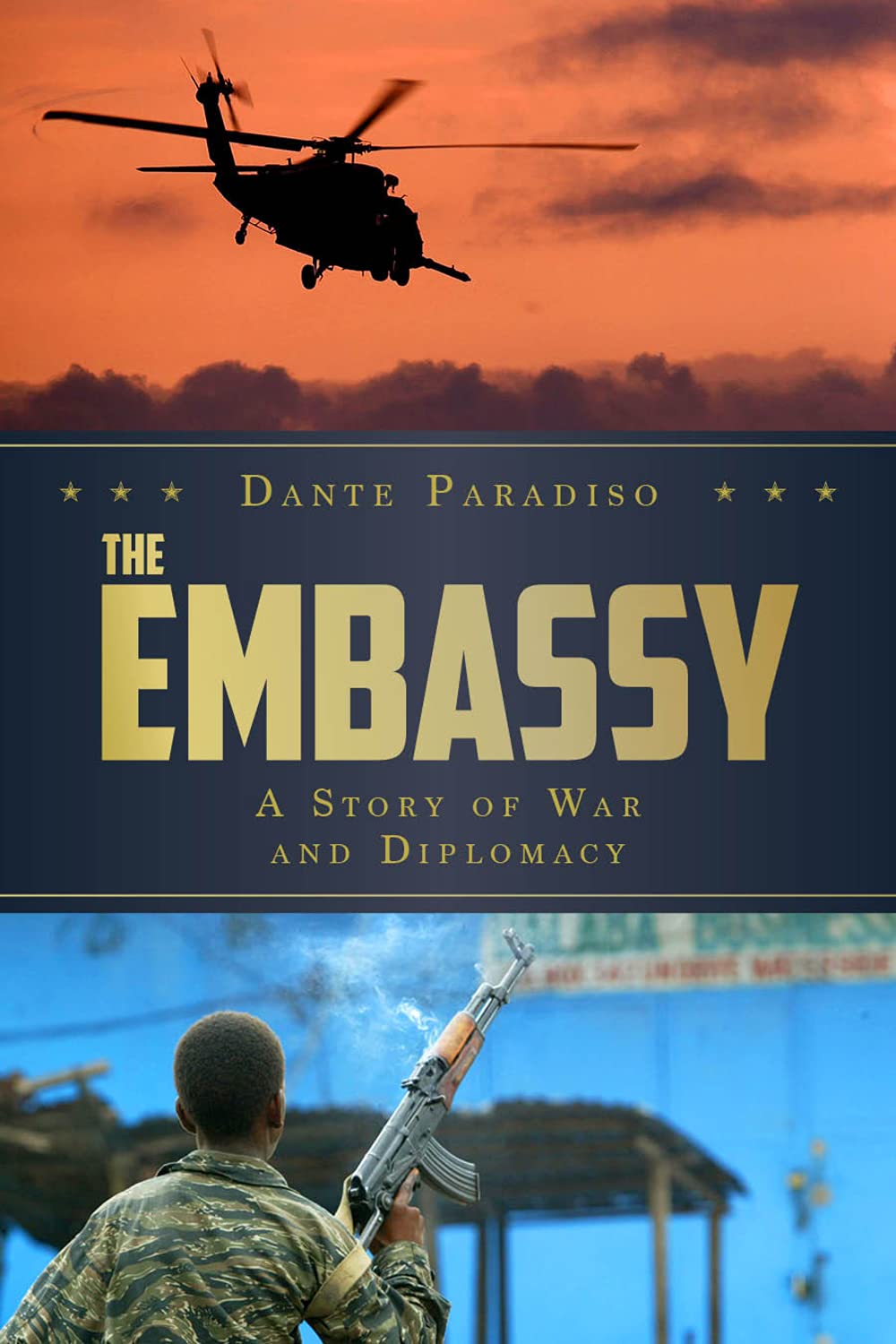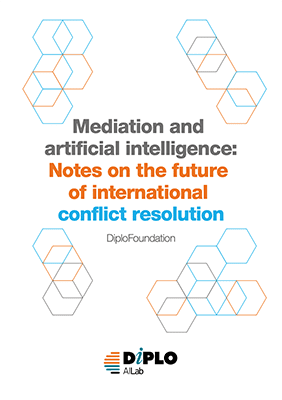Author: Geoff Berridge
Cursed is the Peacemaker: The American Diplomat Versus the Israeli General, Beirut 1982
2002
This book is a detailed account of how – continuing heart problems notwithstanding and to his great delight – the Reagan administration brought him out of retirement to serve as a special envoy in the Middle East. First he was given the task of negotiating a settlement of two dangerous Arab-Israeli skirmishes in 1981. Then he was charged with a peaceful resolution of the Israeli siege of the PLO positions in West Beirut in 1982, following the invasion of Lebanon by Israeli forces under the military – and to all intents and purposes political – command of the defence minister, Ariel Sharon. It is with this last responsibility that this book is chiefly concerned.
Sharon was determined to destroy the PLO, drive out the Syrians, and create an Israeli puppet state in Lebanon under the Maronite leader, Bashir Gemayel. However, having cornered the PLO in Beirut he found the prospect of street-fighting no more attractive than did the Phalangist allies upon whom he had previously been relying to execute this unpleasant task. As a result, he reluctantly made a deal with the Americans to allow the PLO to depart behind the shield of a multinational force including US Marines, Washington being anxious to avoid a bloodbath in the city which would seriously damage Israel’s reputation and – by association – its own. However, Sharon hated having to let the PLO go and was determined to make their departure as costly and humiliating as possible. This, among other things (e.g. finding states that would accept their fighters), rendered Habib’s task difficult, to put it mildly. (It also brought relations between the Marines and the Israeli Defence Force to an extraordinary – indeed combustible – low.) His eventual success was a personal triumph and he was awarded the US Medal of Freedom, though his reputation was subsequently tarnished when – to his intense fury – his guarantee of the safety of the Palestinians left behind proved worthless. The Phalangists, with the connivance of Sharon, conducted appalling massacres in the Sabra and Shatila refugee camps.
John Boykin, a freelance writer, has written a very good account of these affairs. It is based on voluminous documentary sources and many interviews with participants, though unfortunately not in any sustained way with Habib himself, who died in 1992, shortly before the author started work on his manuscript. The book has a somewhat journalistic style, it is true, and Boykins’s penchant for reporting conversations as they allegedly took place leaves the professional historian in me feeling a little uneasy. Nevertheless, he has a frank and substantially reassuring note on this aspect of his methods in ‘Sources and Bibliography’. Boykin is also frank about his bias: pro-Habib and very strongly anti-Sharon, though there is nothing wrong with that – as far as it goes. It is perhaps a pity, though, that Boykin is so determined to give us only the world through the eyes of Habib that he quite deliberately sets out to advance no opinions of his own. One consequence of this is that he does not succeed entirely in clarifying Habib’s negotiating methods, let alone subject them to criticism (though he reports the comments of others). For example, at one point Boykin notes Habib’s stated preference for proceeding from the particular to the general (p. 108), though in his subsequent description of his ‘plan’ makes abundantly clear that in reality his approach was – as might be expected – exactly the opposite (p. 129). Nevertheless, the main features of Habib’s methods stand out strongly enough from Boykin’s lively and well-organized narrative. This is an American account of an American diplomatic hero. The lives and achievements of such people need to be given prominence, especially at the present juncture in world affairs.
